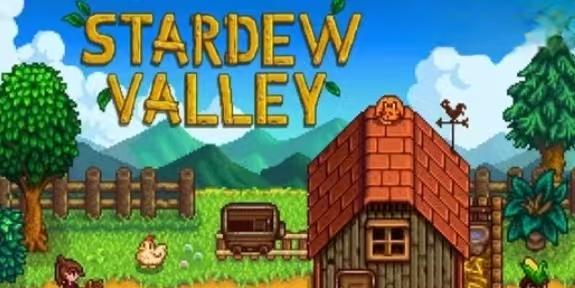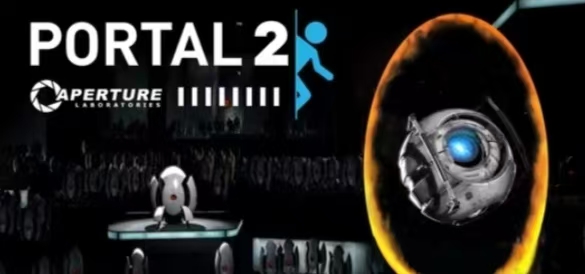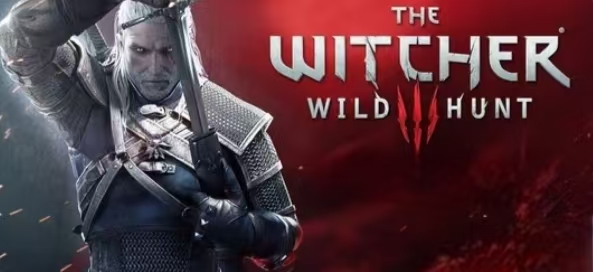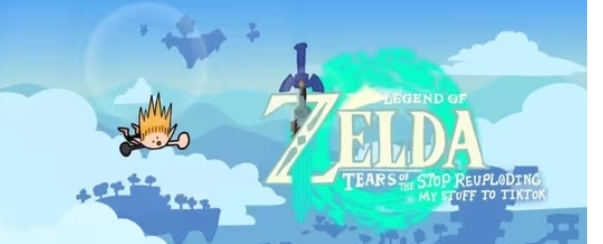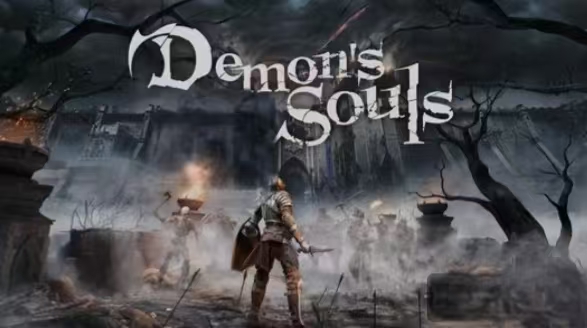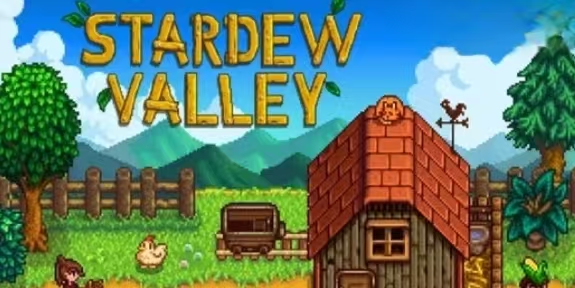
🌱 The Alchemy of Nostalgia and Modern Anxiety
Escapism as Emotional Currency
The game’s 98% Steam approval rating mirrors a global craving for “deterministic joy”: watering plants yields visible growth, gifting villagers unlocks heartfelt stories, and mining rewards persistence—antidotes to unpredictable modern life .
Unlike algorithm-driven mobile games, Stardew Valley rejects Skinner-box mechanics. As developer Eric Barone noted, “Content overload can ruin fun”—a deliberate design limiting grind to preserve therapeutic value .
Pixel Aesthetics, Profound Depth
Retro 16-bit visuals mask sophisticated systems: NPCs like Shane (struggling with depression) and Abigail (defying family expectations) evolve through player interactions, creating emergent narratives rivaling literary subplots .
The “Ancient Seed” quest chain—requiring artifact donation, crop cultivation, and artisanal crafting—epitomizes the game’s loop of meaningful effort → tangible reward, contrasting sharply with instant-gratification culture .
🌐 Community as Co-Creator
Modding: From Utility to ArtistryPlayers have generated over 100,000 mods , transforming gameplay:
Quality-of-Life: Auto-fishing tools for accessibility .
Narrative Expansion: Marriage candidate backstories (e.g., “Stardew Valley Expanded” mod) .
Aesthetic Revolutions: Studio Ghibli-style reskins attracting non-gamers to its pastoral beauty.Barone embraced this ecosystem, integrating popular mod ideas (e.g., tree-tapping mechanics) into official updates—a rare developer-community symbiosis .
Virtual Spaces, Real Connections
During pandemic isolation, players hosted in-game weddings , using farm co-ops as social hubs. Japanese “loneliness relief” groups organized fishing tournaments for socially anxious members .
Fan wikis document everything from optimal crop rotations to NPC gift preferences, creating crowdsourced “collective intelligence” larger than Wikipedia’s Stardew Valley entry .
⚖️ Design Philosophy: The “Anti-Capitalist” Farm Sim
Temporal LiberationThe clock pauses during menus/inventory checks—a subtle rebellion against productivity culture. Players report “forgetting real-world stress” while organizing virtual tool sheds, a phenomenon psychologists attribute to “meditative flow states” .
Economy of Care
Relationships > GDP: Villagers react to forgotten birthdays with sadness, but never transactional resentment. Romance arcs focus on emotional intimacy over cosmetic rewards .
The Joja Mart Dilemma: Choosing between supporting local shops or a corporate supermarket chain becomes a moral test. Over 73% of players reject Joja, favoring community-centric playthroughs .
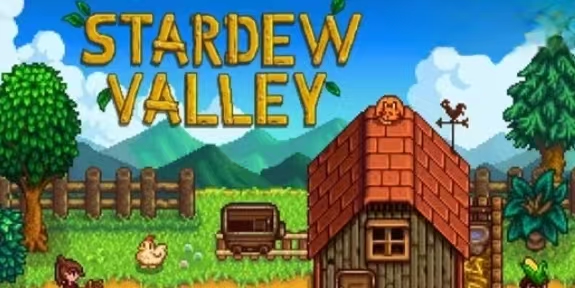
Your Attractive Heading
